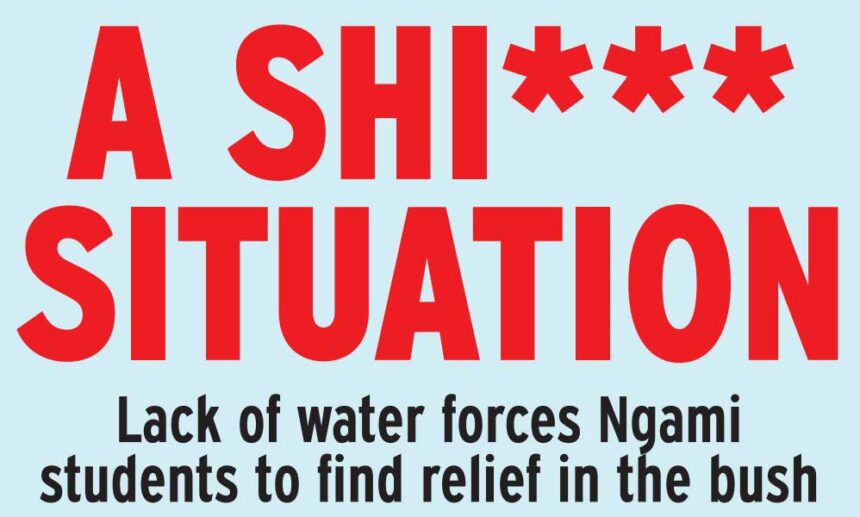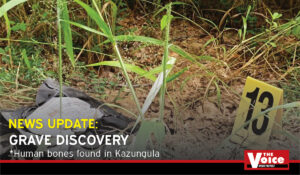A potential health crisis is looming dangerously in Sehithwa village, where a lack of water at Ngami Junior Secondary School is forcing students to ‘do their business’ in the bush.
This includes open defecation, which the World Health Organisation (WHO) lists as a leading cause of diarrhoeal deaths globally.
The messy situation has been ongoing for ‘a long time’, according to Sehithwa-Legotlhwana Councillor, Mmoedi Modiegi, speaking at a full council meeting in Maun on Tuesday.
It leaves many of the 764 learners at the government boarding school, located some 100km from Maun, exposed to water-borne diseases, including diarrhoea. As well as being an extremely humiliating experience for the children, the smell is also said to be unbearable.
“The water problem is disheartening. Learners often have to deal with upset tummies because they get water from anywhere they can,” confirmed Modiegi, adding the school’s surroundings are becoming increasingly unsightly. “For the learners to relieve themselves, they have to go out of the school and this is not giving the school and its surroundings a pleasant sight,” was Modiegi’s polite assessment of the situation.
Besides using the toilet, boarding students also need water for washing their clothes—including uniforms—bathing, and drinking. Those who commute from home are at a considerable advantage, as they can fill water bottles for drinking during school hours.
The problem, suspected to be mainly caused by blocked water tanks or pipes at the school, is reportedly so bad that boarding students sometimes sneak into the village in order to source water.
“The school has two big water tanks, but sometimes even if the other tank has water, there is no flow from there,” continued Modiegi.
The councillor called on the council’s administration wing to rise to the occasion and ensure the problem is fixed immediately. “We need to visit the school so we can resolve this problem,” he urged.
Access to safe water and sanitation is a fundamental human right, with the United Nations dedicating goal six of its 17 Sustainable Developmental Goals (SDGs) to ensuring clean water is enjoyed by all by 2030.
The UN warns that inadequate sanitation can lead to severe ailments. In Ngamiland and the North West District, this may include outbreaks of diarrhoea and vomiting, cattle and animal diseases—especially measles, increased child mortality rates, and environmental degradation.




















